Act Zero: Prologue

* * *
Content note: Includes near-death experience, ICU and end-of-life discussions, chronic illness, brain surgery, and medical gaslighting.
* * *
The Story I Should Have Told First
The beginning was brutal.
From the outside, I looked capable. Controlled. Even strong. But survival mode wears a convincing disguise.
My body had been whispering warnings for decades. Joint damage I called normal wear. Nerve symptoms. Spinal pain. Rheumatoid arthritis. Neuropathy. C4/C5 compressions nearly bone on bone, brachial nerves lit up and misfiring. A body-breaking trade. All of it simmering under a life that looked seamless.
My version of strong was silence. Self-contained. Get it done. Fix it. Toughen up, cupcake. Sleep when you're dead.
Decades in the trades as an independent contractor meant no safety net. No PTO. No workers comp. Don’t work, don’t get paid. So I worked. Through the pain. Through the nerve fire. Through all of it. Force of will as medicine.
Chronic inflammation doesn’t negotiate with achievement. It doesn’t care about championships or world records. And when you’re already running compromised, there’s no margin left when real crisis hits.
Then came the caregiving years. Six years as primary caregiver to one of my childhood abusers. That choice burned down my business, my career, my earning potential, and much of what I'd spent a lifetime building. It crushed my personal life. It took the last of my health. It stripped away my capacity for gratitude, for joy. That choice cost me everything.
Maybe those years accelerated what was already coming. Maybe not. But I know this: my body had no margin left.
The subdural hematoma came out of nowhere. Spontaneous bleeding in my brain without any blow to the head. In a healthy body, it would have been serious. In mine, it was the pin pulled on a grenade.
I ran out of road.
Eventually, my body stopped paying the price and just shut off the lights.
The Cascade
I was in the ICU. But this wasn't just about brain bleeding.
The hematoma triggered an inflammatory cascade I couldn't stop. In a system already dealing with autoimmune dysfunction, that trauma detonated something catastrophic.
Organs failing. Heart ready to quit in protest. Cold fluorescent light. A dozen tubes in my arms and chest. Monitors chirping like a metronome of survival.
After years of quiet chronic struggle, my body couldn't maintain the pretense. Heart, kidneys, liver, endocrine, metabolic, nervous system. Everything cascaded into chaos.
After the staff sent everyone away, a strange stillness followed. Time slowed. I could finally feel the weight of what I'd refused to feel.
At 4:27 a.m., the doctors came in.
They couldn't stabilize me. Their interventions had failed. They didn't understand what was happening and couldn't stop it. Liver and kidneys would go next. Then the heart.
They asked if I wanted them to call anyone.
I said no. Maybe it was selfish. Maybe it was mercy. Maybe I didn't want to be seen going out like that. Or to see the grief in their eyes.
Oddly, I wasn't panicked. I was at peace with not making it. But I was curious—was there something I could do to stay present, to remain in that calm?
I did the one thing I had left: I breathed.
Not to fix anything. Not to calm myself down. Just to observe. Vipassana at the edge of dying: watching the inhale, watching the exhale, noticing the monitors beeping, the tubes in my chest, the way my body was shutting down.
Not trying to make it okay. Just being present with nothing being okay.
The breath wasn't an anchor to pull me somewhere better. It was just what was happening. I stayed with it.
After a few hours, I passed out.
At 7:30 a.m., they woke me. I was stable enough for surgery.
They offered two options: operate immediately with the available surgeon, or wait for the best the next morning.
I waited.
After surgery, drifting in anesthesia, I felt something like gratitude. Not just for surviving, but for understanding where the breath that kept me present actually came from.
Those techniques weren't taught in studios or courses. They were gifts from strangers on trails decades earlier. People who had no idea they were preparing me for this moment.
The cruel irony: when discharged nine days later, the head and eye pain remained at full ER-level intensity. I didn't know it was intracranial hypertension from hydrocephalus caused by the bleed. It's been almost ten years. No days off.
One neurologist took it seriously. The only doctor who dealt in what was real instead of convenient fiction. Sobering truth: one doctor can validate while an entire team gaslights. "Team" being medical shorthand for "you're so totally fucked."
The Practices That Saved My Life
Lying there in that sterile room, I could trace each technique back to its source.
None came from formal training. They were fragments carried from strangers who had no idea they were giving me survival tools.
As a teenager I met the women who handed me the first practice. Not intentionally. They were just being themselves: moving, breathing, laughing. But something in me paid attention.
One of them, barefoot more than not, practiced a kind of proto-Wim Hof: breathwork and cold exposure before either had a name. She'd stand shirtless in the snowmelt wind at dawn, inhale sharp and deep, exhale with a grin like it was holy. Breath as heat, presence as protection.
Later, practicing the Wim Hof Method, I realized what she showed me lived somewhere between Pranayama and Tummo. This was the eighties, no internet, no WHM. This was just her practice.
Decades later, I use it for pain management. When the Intracranial Hypertension, Lupus and RA flares land with excruciating weight and intensity... I don't fight the pain. I use the breath to meet it. Sharp inhale, long exhale, ice-cold showers, walking through the wet foggy wind. Not to make it stop, but to stay functional while it's happening.
From an older hiker, quiet and steady, I learned something else: placing the mind gently, like a hand resting on water. Samatha, though I wouldn't know the name for years.
Now it's how I start every morning. Before the day spins out, before obligation takes over, I sit. Place the mind gently. Set the tone, the cadence. Not to prevent chaos, but to have ground to return to when it hits.
From another trail encounter: Vipassana. Observing pain, sensation, discomfort, beauty. Not chasing. Not fixing. Just witnessing.
In the ICU at 4:27 a.m., this is what I had. Not to make dying okay, just to stay present while it happened. Now I use it when nothing can be fixed: observe the pain, the exhaustion, the mornings I wish I hadn't woken. Not trying to change it. Just being here with it.
I never joined a studio or took formal practice seriously. These fragments lived in my nervous system like unclaimed inheritance.
And in the ICU, when medicine failed and my body was shutting down, I reached not for prayer or hope, but for the breath that barefoot woman showed me in the cold mountain air, for the stillness that quiet man taught me to trust, for the observation that trail stranger gave me without knowing.
They kept me from disappearing.
Not mystical. Practical.
The New Reality
Surviving the crisis was just the entry fee.
One discharging doctor told me surviving was "beyond lucky." The imaging showed my brain had been bleeding for weeks before the collapse. No one sustains that kind of stress without consequences.
He was right.
The cascade didn’t stop.
Year one: RA pain beyond excruciating. Muscle and organ pain. Rashes misdiagnosed for months. Kidney and liver cysts. Imaging every six months. Two years of gaslighting before Lupus was finally named.
Year three: Barrett’s with precancerous changes. Endoscopies. Biopsies. Every six months. A calendar built around surveillance.
Then 2021.
A severe reaction to the second COVID vaccine—left arm paralysis. Left-side deficits that lingered for years. POTS within hours. Standing up became negotiation. Then COVID itself. Long-COVID layered on top.
Metabolic dysfunction. Endocrine instability. Systems that once self-corrected now required management.
This wasn’t recovery. It was adaptation to a fundamentally altered body.
The version of me who powered through anything didn’t exist anymore. The terrain had shifted. The rules had changed.
That's why the trail became medicine instead of recreation. Why breath became survival instead of calm. Why movement became negotiation instead of conquest.
Healing doesn't feel like healing at first. It feels like shit. Like grief. Like burning down everything you once mistook for strength.
Full Circle
Looking back across decades, I see the thread.
The barefoot woman. The quiet man. The others. They didn't know they were preparing me to survive.
I'll never thank them. I don't remember their names.
But decades before I needed saving, they gave me the anchors I'd cling to when machines were beeping and my body was going dark.
Not cured. Not transcended.
Just inhabiting a body that needs different rules now.
Some weeks I hike five or six miles a day. Other weeks I'm in a flare and can't manage the stairs.
Both are enough.
Enough to still be here.
Enough.
Why This Comes Last
Series One shows survival—just showing up.
Series Two traces trauma etched into the body.
Series Three wrestles with meaning and truth.
Series Four documents sovereignty—agency within constraint.
And then comes this: Act Zero.
The thing that came first, but only makes sense after.
This archive doesn't end with sovereignty. It circles back to the strangers who became teachers I never thanked. To the unplanned practices that mattered when everything collapsed. To the truth that sometimes the most important chapter comes last.
If something in these pages helped you walk differently—inside or out—then it's done its work.
→ Next: Root Work
← Landing Page: Series Zero
Still Rolling Outdoors is a blog of peer reflections on healing and recovery, not to be confused with medical or therapy advice. Your path is uniquely yours. → More on this approach
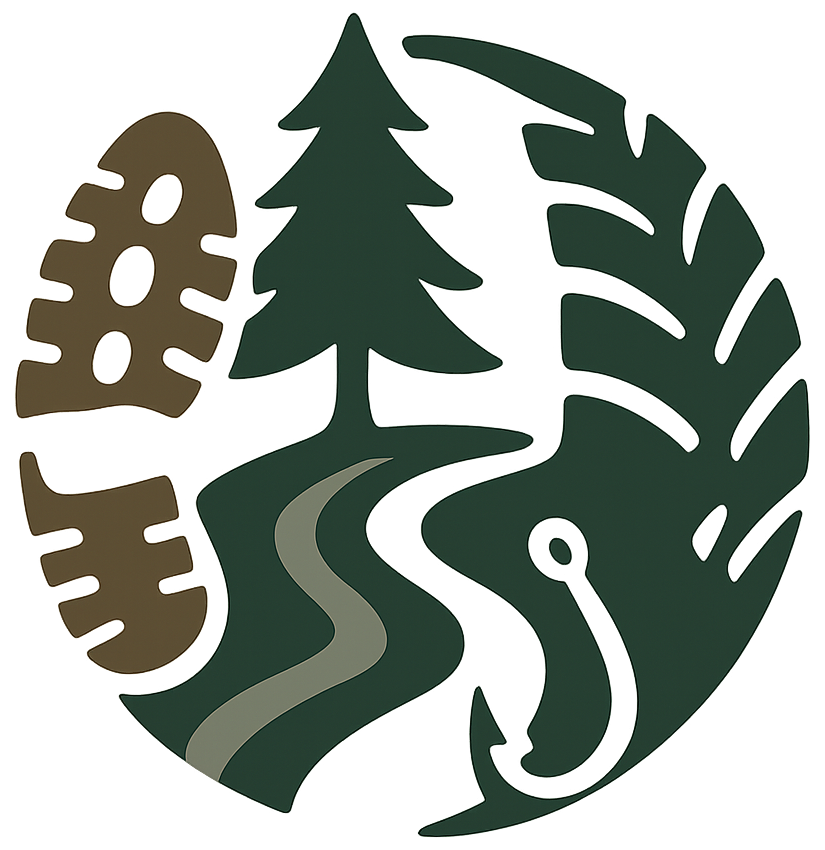
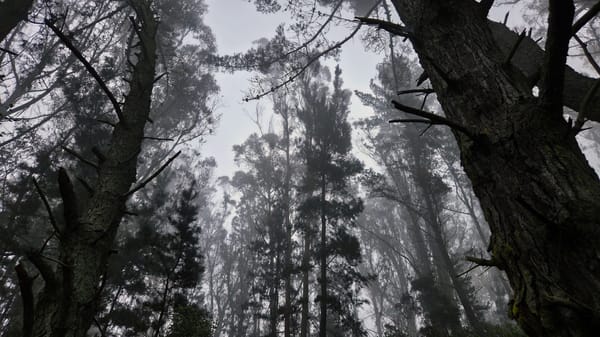
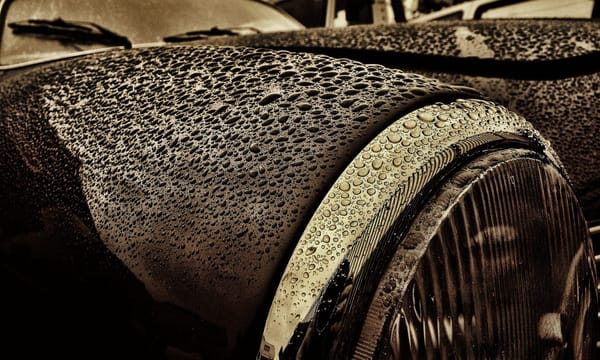
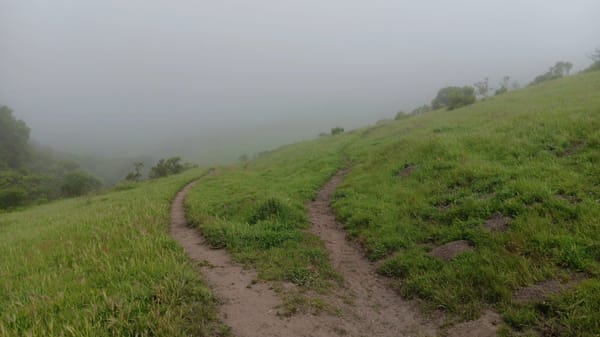
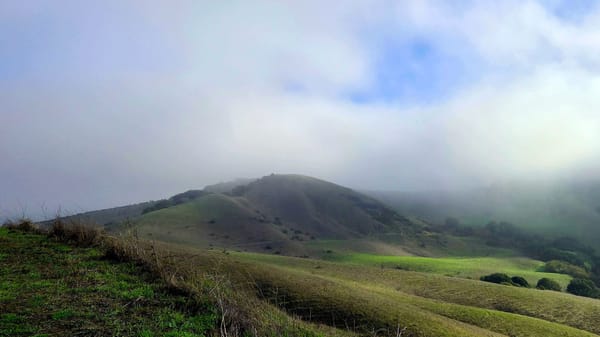
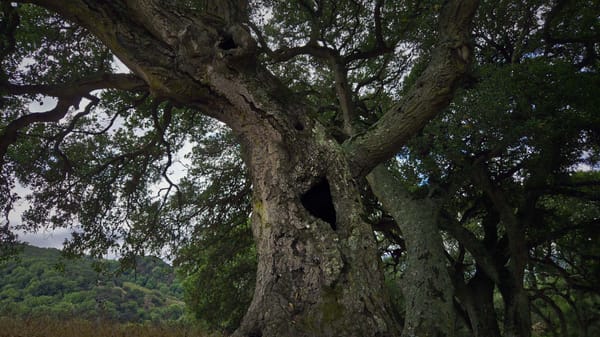
Member discussion